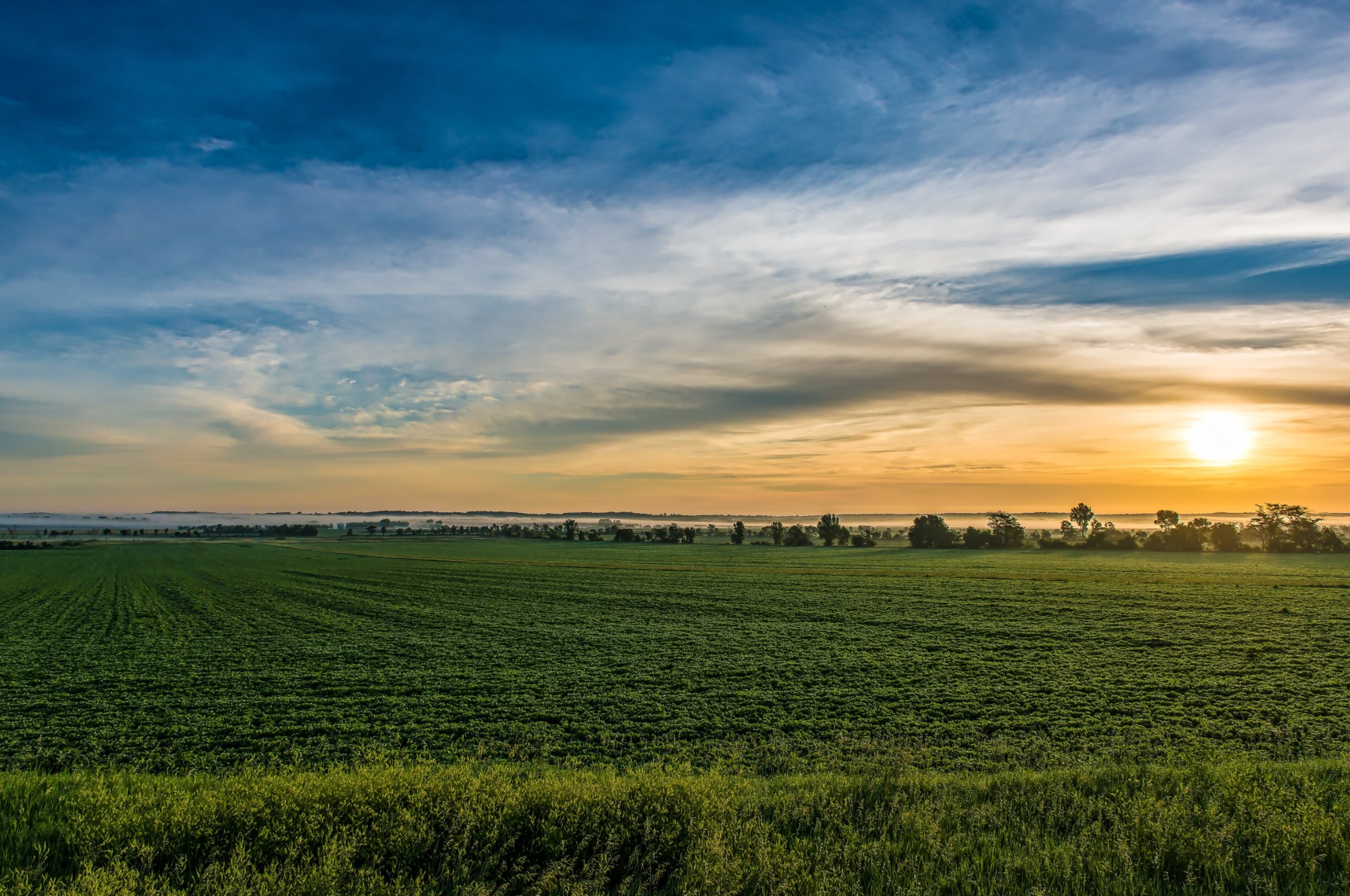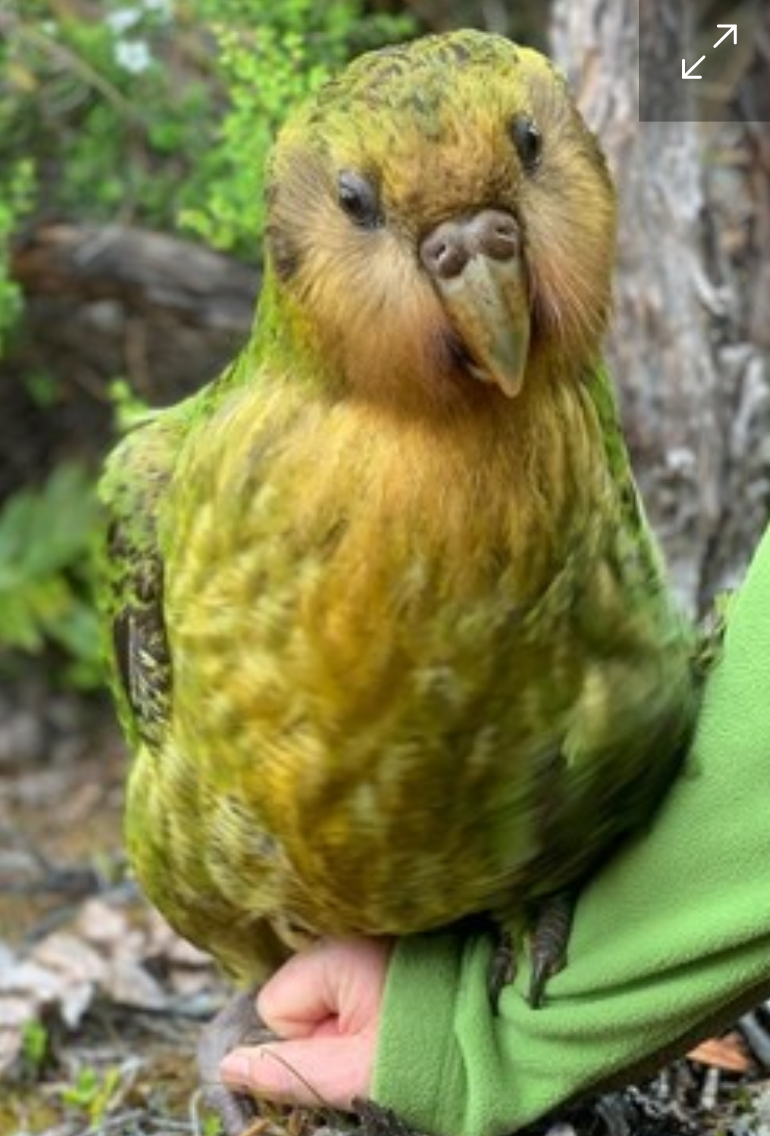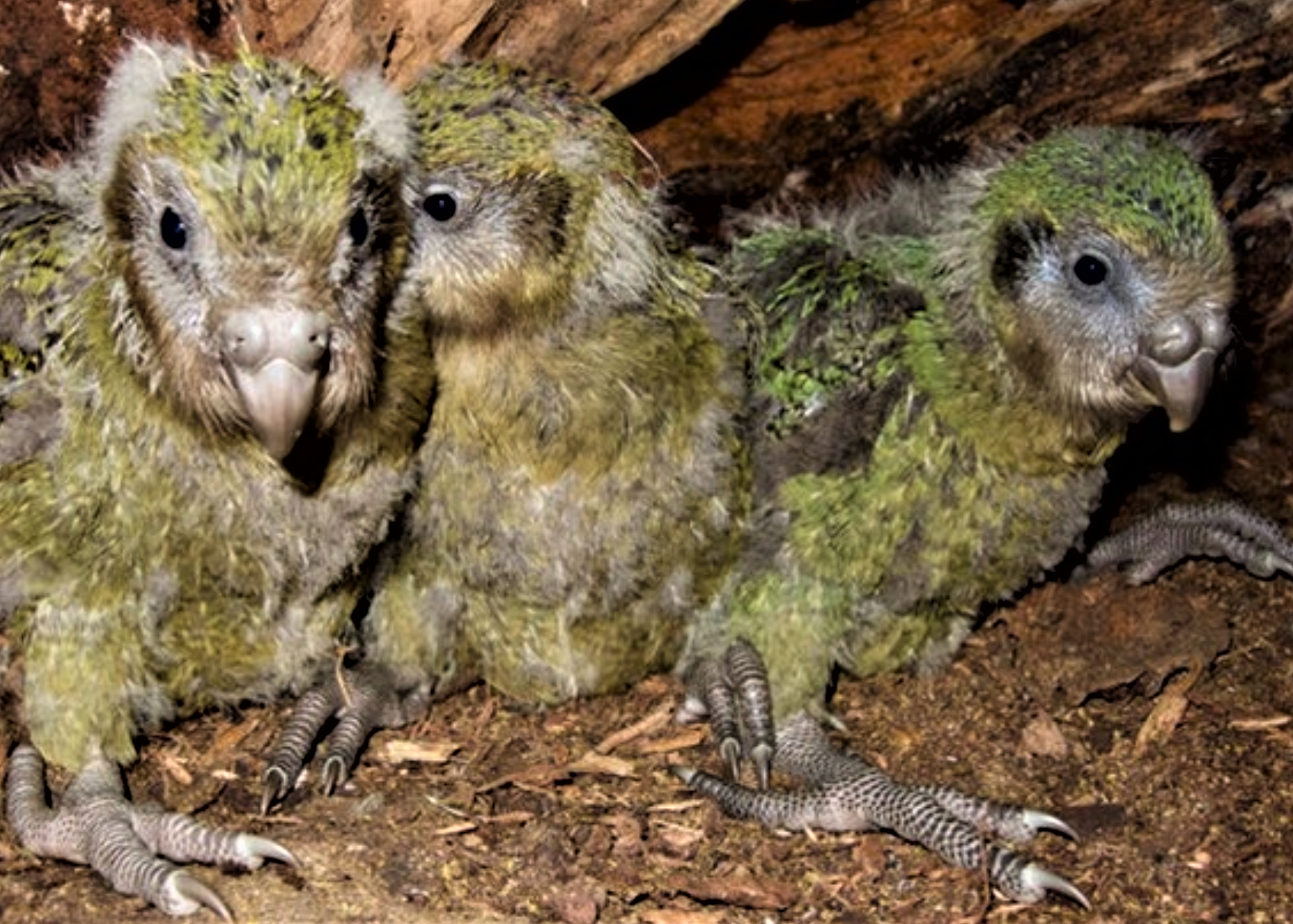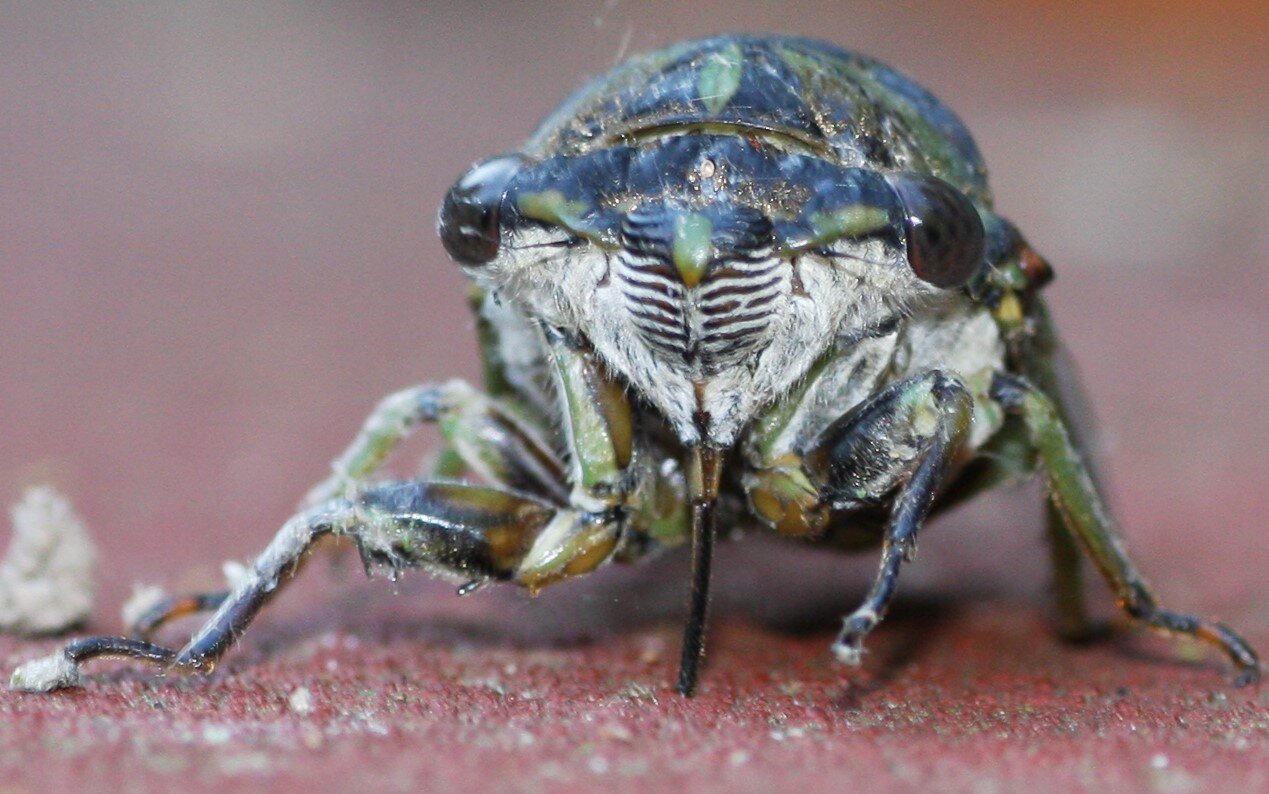And the “Puffin” goes to …
cereal activists
In 2018, Asha and Jia Kirkpatrick, aged 11 and 9, from Bedfordshire, England, were upset that their favourite animals, orangutans, were dying because the rainforests in Indonesia were being destroyed for palm oil. Then they were shocked to learn that their Kellogg’s cereal contained palm oil, a ubiquitous ingredient in everyday products, from toothpaste and shampoo to cookies and chocolate. So, the sisters decided to act. Their online petition — Kellogg’s: Stop Destroying the Rainforest for Cheap Palm Oil — now has 850,000 signatures and the cereal giant has agreed to source 100% of its palm oil from sustainable sources by 2025. Asha and Jia received the Young Animal Hero Award for their efforts.
we need to pea
Overheard in a Manitoba coffee shop: “How’s your pea protein fractionator today?” The boom in new plant-based foods is opening up new markets and novel formulations for plant-based ingredients. The Puffin goes to the farmers, scientists and food entrepreneurs in the Prairie provinces who are attracting government funding and private investors to make Canada a plant-based protein superpower. Already the world’s largest producer of canola, and largest exporter of dry peas and lentils, Canadians are finding new ways to help meet the skyrocketing demand for plant-based food ingredients. It’s a booming business with a vision for a greener future.
all carrot, no shtick
In a world of stories about people exploiting animals, it’s refreshing to see them turn the tables. A rabbit in Calgary, Alberta, was looking for dinner on a snowy day but he wasn’t going to bite off his nose to spite his face. Instead, he bit the nose off someone else’s face. His brazen theft was captured on video as he approached a freshly made snowman — its nose at just the right height — and munched on and made off with the carrot!
en garde
The Guardian: For the most comprehensive, credible and authoritative journalism on how our treatment of animals and the natural world intersects with the climate crisis and global health issues. In its “Animals Farmed” section and in related coverage of the science and business of our food systems, industrialized agriculture, biodiversity loss, the causes and impact of the pandemic and more, The Guardian raises awareness of these complex issues and discusses in a forthright manner the interdependency and interconnectedness of the problems and their solutions.
Photos: Adult Kakapo; Kakapo parrot chicks. NZ Department of Conservation.
social media sensation — kakapo!
The world’s largest, flightless parrot — twice named as New Zealand’s Bird of the Year — was our most shared post of the year. Could it be because they are a symbol of so many threatened species, vulnerable to predators and their best defense is to hunker down, not move and imitate a bush? Or are they a touchstone for how we feel in the middle of a global pandemic, vulnerable, but with help, making a comeback? Our hearts went out to Kakapo and clearly yours did too.
cell-ing out
The Puffin goes to the food scientists and tech entrepreneurs in labs around the world unlocking the key to cell-based meats and seafood. From Israel and Singapore to Germany, The Netherlands and the US, there is a food science revolution underway. Real meat grown from animal cells in a bioreactor offers a new way to produce food that will eliminate the myriad problems associated with factory farming, reduce animal suffering and lower the carbon footprint of what we eat. No longer the stuff of science-fiction, cultivated chicken recently made its debut on a menu in Singapore.
it’s never too late
For decades the renowned naturalist and broadcaster David Attenborough, brought the spectacular beauty and oddities of the natural world to living rooms around the world. But given the reticence of a scientist to advocate and the reluctance of broadcasters to air negative messages for fear of turning off viewers, his programs largely avoided addressing the link between the ongoing destruction of biodiversity and the climate crisis. Then, at the age of 93, in his brilliant documentary “David Attenborough: A Life on Our Planet”, Attenborough tackles the issue head on and calls for global action while there is still time and before it is too late.
and, finally, bug off 2020!
If you think this cicada is looking glum, it maybe because he realized he picked the wrong year to emerge after living semi-dormant underground for the last 17 years! Another illustration of the astonishing cycles of Nature, periodic cicadas (as to opposed to annual cicadas) emerge only every 13 or 17 years (it’s thought to avoid the cycles of predators). However, one look at 2020 may have been enough to convince him to turn around and head back underground. We know the feeling!
Photo: Planet Friendly News






